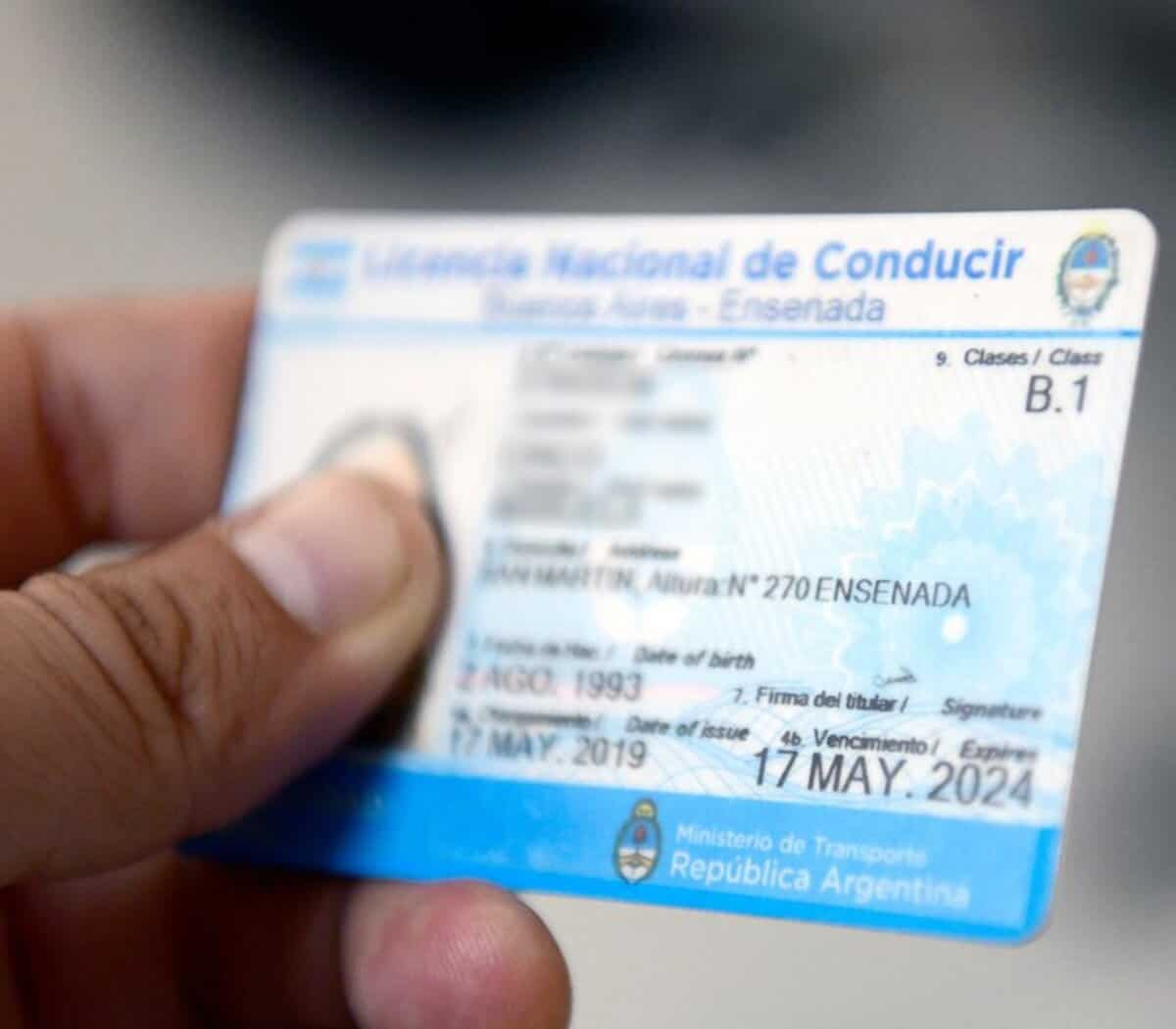The Argentine government has introduced significant modifications to Decree 196/2025, published today in the Official Gazette. These reforms aim to simplify the renewal of driving licenses, technical inspections, and the importation of vehicles and auto parts, among other key aspects. The decree was signed by President Javier Milei, Chief of Cabinet Guillermo Francos, and Minister of Economy Luis Caputo.
Below are the main aspects of the reform, developed in collaboration between the Ministry of Economy’s Secretariat of Transportation and other government agencies:
Road Safety Improvements
One of the most impactful changes is the elimination of the mandatory Auto Parts Safety Certification (CHAS) for imported auto parts. This certification was initially intended to ensure the quality of imported safety components. However, it significantly increased the cost of new spare parts, leading many to use older and lower-quality replacements. According to the Minister of Deregulation and State Transformation, Federico Sturzenegger, eliminating CHAS will reduce replacement costs and encourage the use of newer, safer parts.
In addition, the new regulations now allow autonomous vehicles to be legally operated in Argentina. Safety requirements, particularly for motorcycle helmets, have also been adjusted to align with international standards, ensuring safer road conditions.
Technical Vehicle Inspections (VTV)
Mandatory Technical Inspections (RTO) can now be performed in any certified workshop or dealership nationwide, provided they have the proper facilities and equipment. Additionally, the validity period for these inspections has been extended. “The idea is that when you take your car to a dealership or workshop, you leave with an updated RTO,” said Minister Sturzenegger.
Digital Driving License Reform
Under the new decree, Argentina’s National Driving License will be fully digital and valid throughout the country. Renewal can now be done remotely by submitting a fitness certificate from a registered professional. A physical license will still be available upon request but will be optional.
Furthermore, the requirement to renew the license after one year of initial issuance has been removed. Instead, new drivers must retake the test only if they commit severe traffic violations within the first two years. Individuals moving between jurisdictions will no longer need to reissue their license.
Another major change is the elimination of the National Interjurisdictional Transport License (LiNTI). Professional driver licenses of classes C, D, and E issued by authorized jurisdictions will now be valid for interjurisdictional cargo and passenger transport.
Implementation of Smart Toll Systems
The decree mandates the transition to intelligent toll systems on national highways. “Decree 196/2025 introduces a groundbreaking change to the toll system by establishing a transition plan to the free-flow system: a barrier-free scheme that eliminates toll booths, reducing costs, time, fuel consumption, and brake wear,” emphasized Minister Sturzenegger.
Facilitating Vehicle Imports
The new decree significantly simplifies vehicle importation. Mass-produced vehicles will no longer require additional national certifications (LCM or LCA) if they already have internationally recognized safety certifications. Additionally, importers will have the option to obtain a Vehicle Safety Certificate as an alternative certification.
“Before this change, importing a widely sold car from the U.S. or Europe required additional certification of its compliance with vehicle and environmental standards, despite these vehicles already being tested and authorized in developed markets,” explained Sturzenegger.
These comprehensive reforms reflect the government’s commitment to reducing bureaucracy, lowering costs, and improving road safety standards. The changes are expected to benefit vehicle owners, businesses, and transportation services across Argentina, making processes more efficient and accessible for all stakeholders.
As these new regulations take effect, motorists and industry professionals will experience a significant shift in Argentina’s automotive and transportation landscape.
